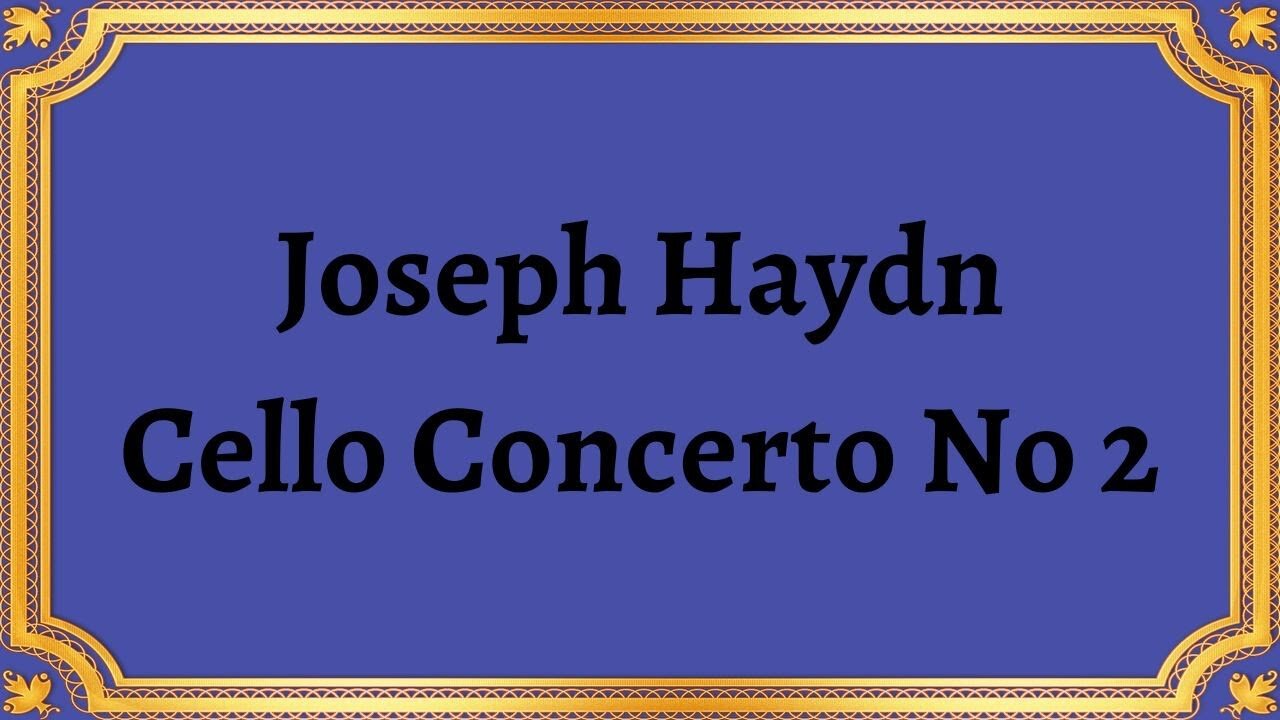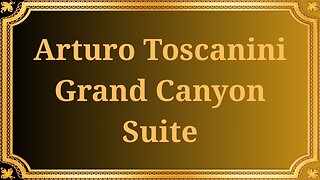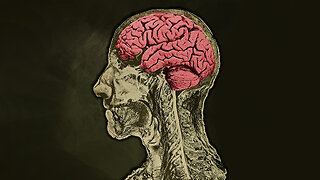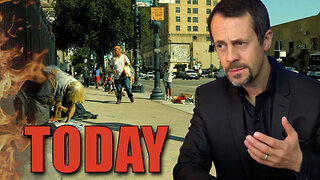Premium Only Content

Joseph Haydn Cello Concerto No 2
#JosephHaydn #CelloConcertoNo2 #ClassicalMusic #MusicalComposition #CelloRepertoire #MusicTheory #MusicHistory #Virtuosity #MusicPerformance #cellosolo
Haydn Cello Concerto No. 2 is one of the most popular pieces of classical music composed in the 18th century. Written by Franz Joseph Haydn, an Austrian composer, this concerto is an essential part of the cello repertoire that showcases the instrument's potential as a solo instrument.
The concerto was written in the 1760s and was one of the first concertos to be composed for the cello as a solo instrument. It comprises of three movements, each designed to showcase the virtuosity and musicality of the cello performer. The first movement is in D major and has a lively tempo, with the cello providing an intricate, melodious theme that is both playful and captivating. The second movement is a slow, moving Adagio in G major with a mournful and reflective quality that contrasts the playful first movement. The third movement is a lively Allegro in D major that is full of playful energy and rhythmic variety.
The Haydn Cello Concerto No. 2 displays Haydn's skillful use of music theory and composition techniques. The piece is characterized by its prominent melody, intricate harmonies, and rhythmic variation. The composer also used dynamic contrast and tempo changes to create a sense of musical drama that keeps the listener engaged.
The concerto is often seen as a staple of the cello repertoire, and it has been performed and recorded by many well-known cello soloists. It is popular for its technical demands on the performer, where the cello must demonstrate both its lyrical and percussive capabilities.
In conclusion, the Haydn Cello Concerto No. 2 is a critically acclaimed piece of classical music that showcases the versatility of the cello in solo performance. Through its virtuosic technique and musicality, it has captured the hearts of music lovers worldwide. It is a testament to the enduring popularity of classical music and to the enduring genius of Franz Joseph Haydn.
You have the opportunity to support the channel https://destream.net/live/RadSiarAl/donate
-
 32:30
32:30
Classical music_Music Inspiration
15 days agoArturo Toscanini Grand Canyon Suite
521 -
 13:54
13:54
Mama to Five
12 hours ago $0.01 earnedWHAT I EAT IN A DAY! | FULL DAY OF MEALS AS A MOM OF 5
521 -
 1:01:18
1:01:18
Futures Edge: Finance Unfiltered with Jim Iuorio and Bob Iaccino
1 day ago $6.28 earnedLIVE Technical Analysis with Mike Arnold
49.9K1 -
 4:56
4:56
SLS - Street League Skateboarding
6 days agoDay in the Life of Pro Skateboarder Mariah Duran | Part 2
2.44K -
 14:32
14:32
Chubbyemu
2 days agoA Woman Drank 1 Liter Soy Sauce Colon Cleanse In 2 Hours. This Is What Happened To Her Brain.
14.7K8 -
 LIVE
LIVE
FreshandFit
3 hours agoAfter Hours w/ Girls
8,754 watching -
 22:23
22:23
Neil McCoy-Ward
13 hours agoThe Middle Class Just Collapsed...
8.44K5 -
 15:04
15:04
IsaacButterfield
21 hours ago $0.60 earnedThe Most Insane People My Algorithm Keeps Throwing at Me
6.69K2 -
 11:31
11:31
China Uncensored
13 hours agoTop 5 Countries That Sold Out to China
12.6K12 -
 5:14
5:14
BIG NEM
6 hours agoHe Drank the Forbidden Balkan Libido Potion… Mistake.
7.76K2